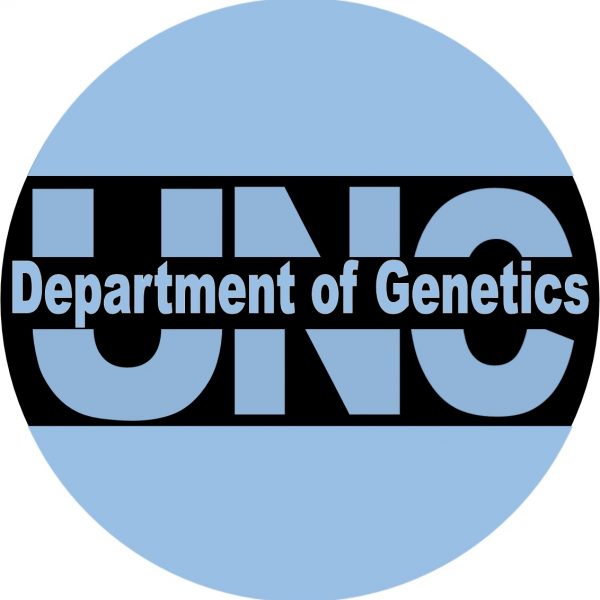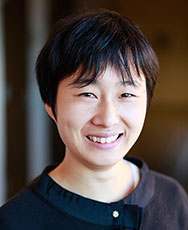Research Interests
Key words: statistical genetics, multi-omics dissection of complex human diseases and traits
The focus of the Li Lab research is on the development of statistical methods and their application to the genetic dissection of complex diseases and traits. In particular, the Li Lab has developed genotype imputation methods (software MaCH and MaCH-Admix) that have become standard practice. The Lab have also developed methods for meta-analysis, local ancestry inference, and region-based association of rare variants in both genetically homogeneous and in admixed populations, and proposed different approaches to handle imputation uncertainty in association analysis. We have worked on genome-wide scans for genetic variants underlying several metabolic, auto-immune, cardiovascular, neuropsychiatric diseases and related quantitative traits. In addition, we have developed methods to accommodate low-coverage sequencing data for genotype calling and for association testing and have been actively involved in a number of sequencing (NGS) based studies including the 1000 Genomes Project (Project Leader on calling SNP genotypes from low-coverage pilot), identification of RNA-DNA differences, Exome Sequencing Project (ESP), and the Trans-Omics for Precision Medicine (TOPMed) project. In addition, we have developed methods for DNA methylation data and actively participated in multiple epigenome-wide association studies. Moreover, we have also developed methods for single-cell RNA-seq and spatial transcriptomics data, particularly on ensemble clustering, batch effect correction, and association in medical genetics context. Furthermore, the Li Lab has worked on method development and data analysis for Hi-C and derived data, particularly detection of long-range chromatin interactions and integration with GWAS and eQTL data. PI Dr. Yun Li has been playing leadership roles in multiple multi-site consortia efforts including leading the Systems Biology and Bioinformatics Working Group in the Back Pain Consortium (BACPAC) Research Program, and co-chairing the 4DN Predictive Modeling Working Group.
Mentor Training:
- Bias 101
- DEI Program Part 1 – Unconscious Bias
- DEI Program Part 2 – Respecting All
- REI Racial Equity Workshop Phase 1
Training Program Affiliations:
- Bioinformatics and Computational Biology
Publications
Yun Li in UNC Genetics News

April 15, 2024
Department of Genetics Publications for March 31st – April 13th, 2024
Department of Genetics faculty, postdocs, students and collaborators published 9 papers during March 31st - April 13th 2024.

March 17, 2024
Department of Genetics Publications for March 3rd – 16th, 2024
Department of Genetics faculty, postdocs, students and collaborators published 13 papers during March 3rd - 16th 2024.

March 3, 2024
Department of Genetics Publications for February 18th – March 2nd, 2024
Department of Genetics faculty, postdocs, students and collaborators published 11 papers during February 18th - March 2nd 2024.

February 19, 2024
Department of Genetics Publications for February 4th – 17th, 2024
Department of Genetics faculty, postdocs, students and collaborators published 12 papers during February 4th - 17th 2024.

January 22, 2024
Department of Genetics Publications for January 7th – 20th 2024
Department of Genetics faculty, postdocs, students and collaborators published 12 papers during January 7th - 20th 2024.

January 8, 2024
Department of Genetics Publications for December 17th 2023 – January 6th 2024
Department of Genetics faculty, postdocs, students and collaborators published 12 papers during December 17th 2023 - January 6th 2024.

December 18, 2023
Department of Genetics Publications for December 3rd – 16th, 2023
Department of Genetics faculty, postdocs, students and collaborators published 14 papers during December 3rd - 16th 2023.

November 5, 2023
Department of Genetics Publications for October 22nd – November 4th, 2023
Department of Genetics faculty, postdocs, students and collaborators published 9 papers during October 22nd - November 4th 2023.

October 23, 2023
Department of Genetics Publications for October 8th – 21st, 2023
Department of Genetics faculty, postdocs, students and collaborators published 9 papers during October 8th - 21st 2023.

October 2, 2023
Researchers Connect Alzheimer’s-Associated Genetic Variants with Brain Cell Function
Led by scientists at UNC-Chapel Hill and UC-San Francisco, research reveals new non-coding genetic variants associated with Alzheimer’s disease functioning in microglia – brain cells already implicated in the progression of this often-fatal neurodegenerative condition. Yun Li, PhD, professor of genetics, is the lead UNC School of Medicine researcher.
